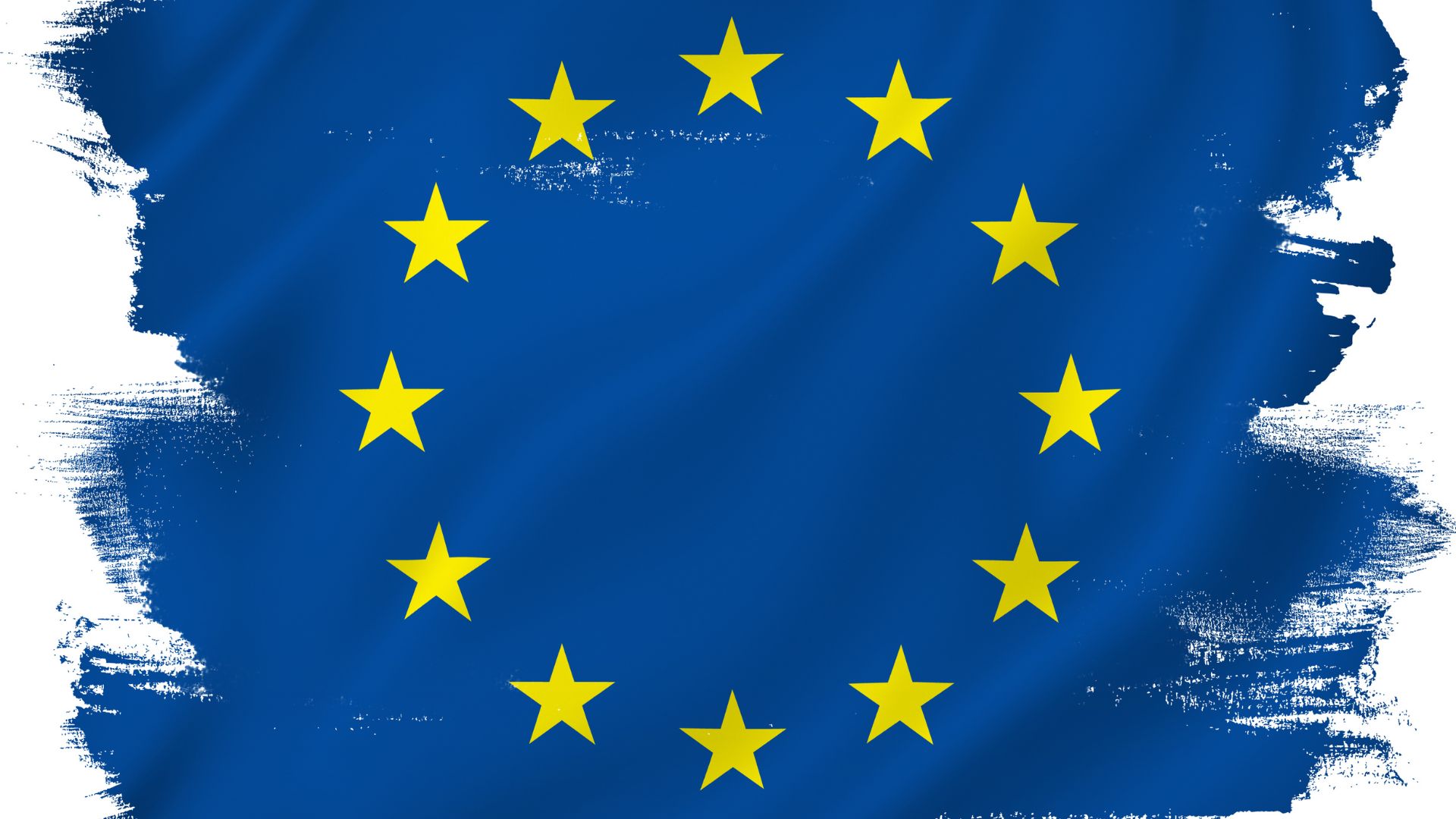Towards a more equal and democratic Europe, joint op-ed of the CRES SUMMER SCHOOL participants 2023, European Western Balkans (EWB), 1 December 2023
Today, Europe’s democratic future is being defended in the trenches in Ukraine. Amidst the war, granting candidate status to Ukraine and Moldova was one of the most significant decisions in the European Union’s decades-long relationship with these states. It is now imperative that this does not remain an empty gesture but an effective commitment to starting accession negotiations and shaping the continent’s future together.
The question of enlargement is once again high on the agenda. Today, Ukraine and Moldova are closer to the EU than ever before, and the Western Balkans should not be left in the waiting room any longer. The region has been waiting for 20 years now. The back and forth of the complex relationship requires decisive political action.
Over the past two decades, the EU has faced challenges in realizing its aspiration to be a normative power not just on a global scale but also within its immediate surroundings. Liberal democratic values are also threatened within the EU. The malicious influence of authoritarian and revisionist China and Russia persists. These influences contribute to further polarization in countries that already have strained relations with the EU. In Serbia, for example, only about 30% of citizens are in favor of the country’s accession.
The notion that the Western Balkans are perceived as a “European jungle” is unhelpful for serious decision-making. The EU should uphold a new enlargement momentum and revive a vision of Europe as whole and free. The EU’s determination to invest in the vision of Europe, based on liberal democratic values, will encourage reform forces in Western Balkan countries to confront autocrats in their countries. We are positive that the EU of 30+ is able to function, but we also understand that only a reformed EU is capable of such a task.
Youth participation as the antidote to carpe diem politics
Russia’s aggression in Ukraine has re-emphasized that Europe has to build its defense capabilities and invest in strategic autonomy. This is also a way to strengthen trans-Atlantic partnerships. Internal disagreements among member states on how we get there only highlight rising concerns about the modalities of a common future and a mutual lack of trust.
This issue also reflects citizens’ passivity, complacency, and, in some countries, a general decline in democratic participation. These elements come together to paint a bleak picture of intensifying social inequalities and grievances, leading to the absorption of extremist ideas and the rise of illiberal sentiment.
Often, it is the youth who feel unseen, unheard, and unrepresented in politics. Damaging and irresponsible use of rapidly developing informational technology also holds the potential to exacerbate the process and further disconnect citizens from the political process.


